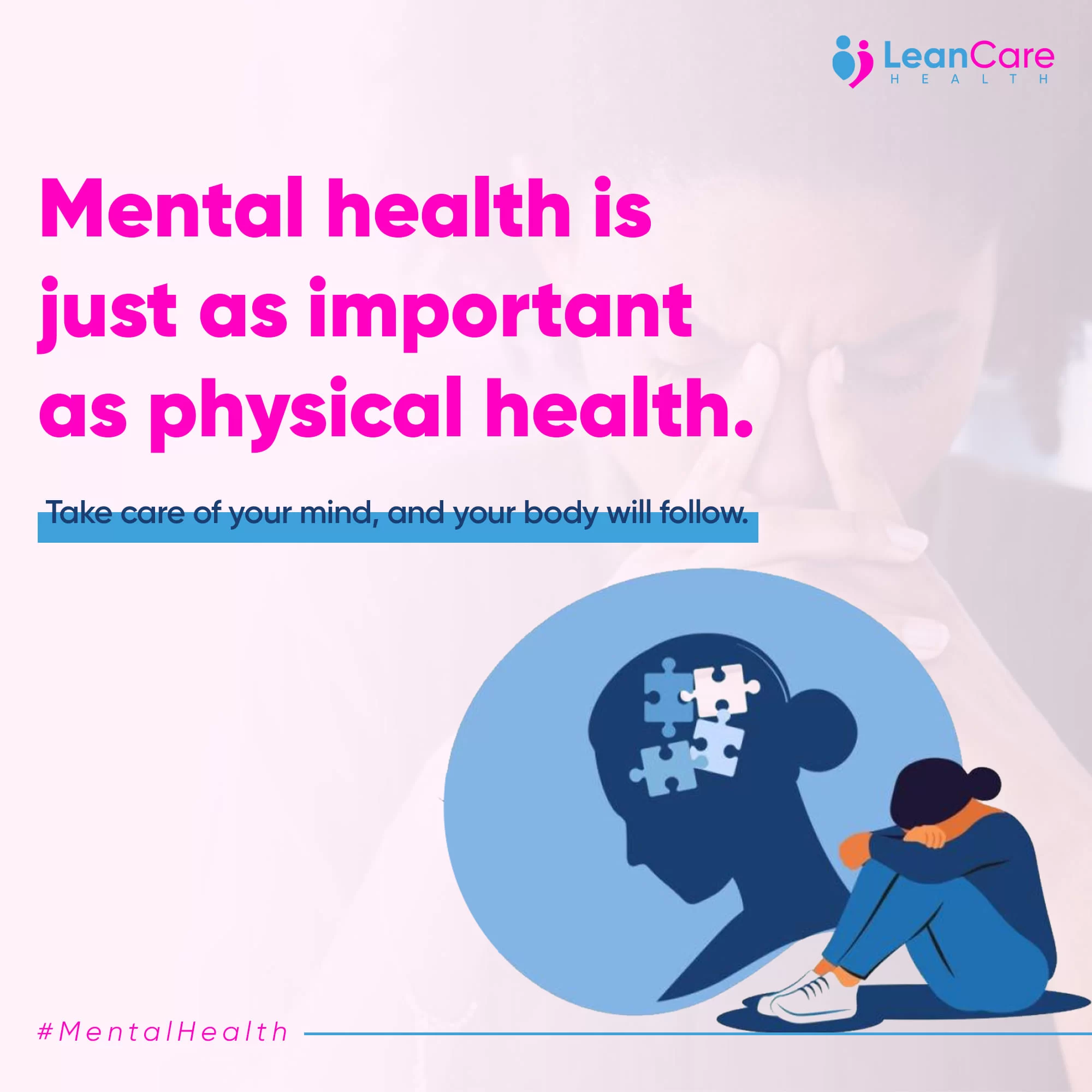The last few years have seen a growing recognition of the intricate connection between mental health and physical well-being. Physical health is notably affected by mental health, while physical well-being, on the other hand, impacts mental health in a dynamic double play that affects overall health.
The Connection Between Mind and Body
Mental well-being has an impact on physical wellness, just as there are illnesses that affect someone’s mind as their body’s condition changes. For instance, anxiety and depression can come out as migraines headaches or fatigue respectively, and also stomach upsets subsist due to stress. Alternatively, chronic diseases can cause psychological problems in a vicious cycle that may be hard to break.
Physical Health Impact of Mental Health
Disorders such as depression and anxiety can be catastrophic for one’s physically healthy state. Chronic tension weakens the immune system, thereby increasing individuals’ vulnerability to infections and other diseases. Moreover, various mental disorders may result in adverse behaviours like unhealthy eating habits; alcoholism; and laziness, which in turn destroy physical well-being even more.
Mental Health and Chronic Illnesses
Dealing with a chronic disease such as diabetes, heart disease, or cancer can affect the mental health of an individual. Controlling a lifetime illness coupled with physical pain and disability may lead to anxiety, depressive symptomatology, and reduced quality of life. Henceforth, healthcare practitioners help address the body-mind connection in long-term diseases to improve patient outcomes.
The Impact of Lifestyle Choices
Lifestyle choices greatly influence both psychological well-being and physical health. Physical exercise regularly eating a balanced diet and getting enough sleep play a crucial role in maintaining mental fitness. In particular, engaging in exercises has been proven to relieve people from depression symptoms such as sadness, irritability and suicidal thoughts as well as improve cognitive function. Other techniques like meditation which involves mindfulness practices have been found helpful in reducing stress levels while promoting the wellbeing of both mind and body through emotional regulation.
Integrated Medical Approach
For comprehensive patient care, there is a need for an integrated medical approach addressing both mental and physical health issues. Health practitioners always take mental health into account while treating their patients’ somatic complaints. In addition, some “team-based” methods involve having a mental health expert work alongside primary care providers so that they can focus on person person-centred care model for health and well-being.
Mental health and physical well-being are intricately connected, illustrating the need for a comprehensive healthcare approach. Improved patient outcomes and better overall health can be achieved through acknowledging and treating the association between mind and body by healthcare providers. A healthier more resilient population can be fostered when there is an acceptance of mental as well as physical dimensions in healthcare.
